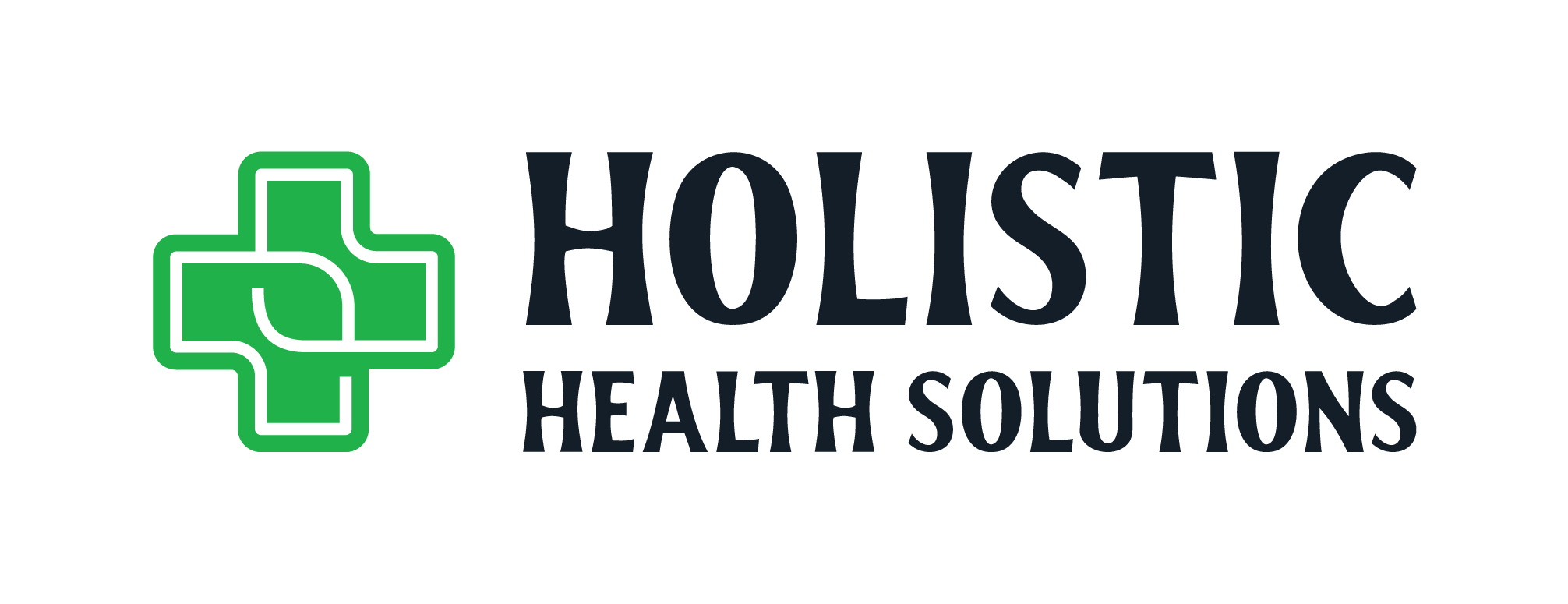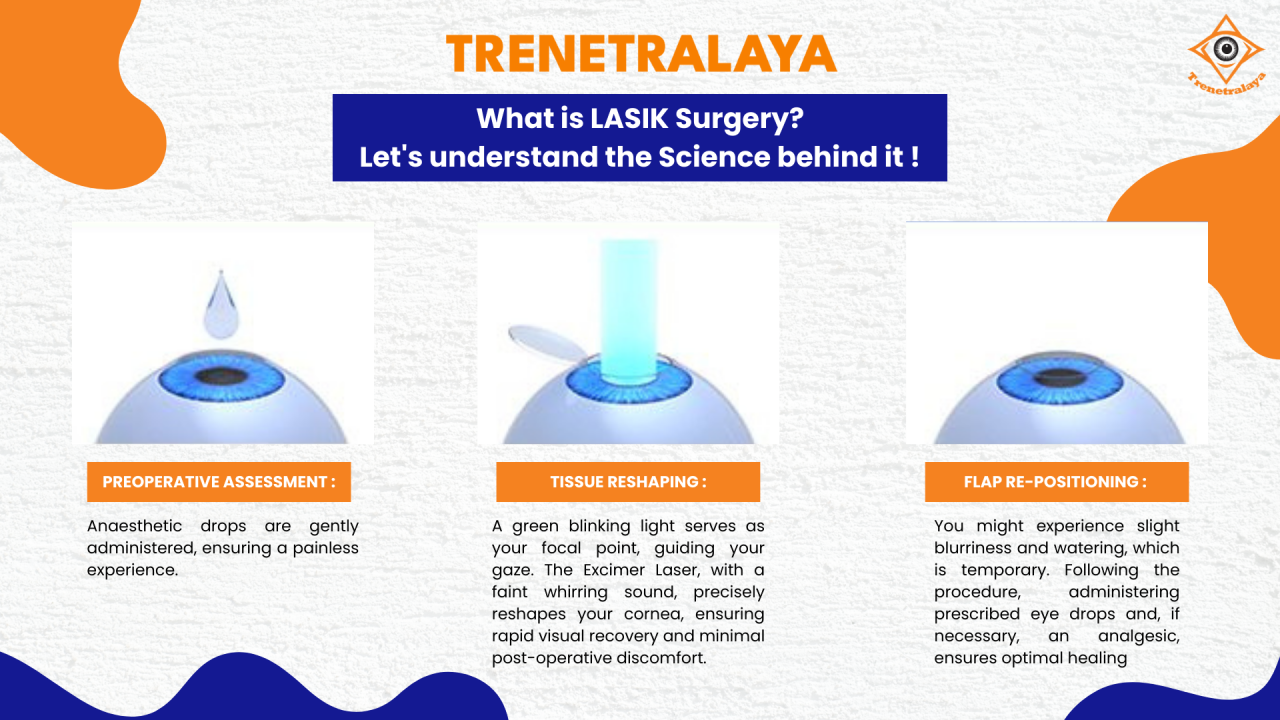
Balanced Wellness: Embracing Holistic Health Solutions
Holistic health solutions have gained popularity as individuals seek comprehensive approaches that address both physical and mental well-being. In this article, we will explore the principles of holistic health, the benefits it offers, and various solutions that contribute to achieving a balanced and harmonious lifestyle.
Understanding Holistic Health
Holistic health is an approach that considers the whole person – body, mind, and spirit – in the quest for optimal well-being. It recognizes the interconnectedness of various aspects of an individual’s life and seeks to address imbalances by promoting harmony and synergy among these components.
Mind-Body Connection
Central to holistic health is the concept of the mind-body connection. Recognizing that mental and emotional well-being profoundly influences physical health, holistic health solutions aim to cultivate a positive mental outlook, manage stress, and foster emotional resilience. This integration acknowledges that mental and emotional states impact overall health.
Nutrition as Medicine
Holistic health places a strong emphasis on nutrition as a foundational component of well-being. It views food not only as sustenance but as medicine, recognizing the impact of diet on physical health, energy levels, and emotional balance. Whole, nutrient-dense foods are promoted to nourish the body and support its natural healing processes.
Holistic Fitness Practices
Exercise is an integral part of holistic health, focusing not only on physical fitness but also on promoting mental and emotional balance. Holistic fitness practices may include a variety of activities such as yoga, tai chi, and mindful movement, aiming to enhance flexibility, strength, and overall vitality.
Stress Management Techniques
Holistic health solutions prioritize stress management as a key component of well-being. Stress has far-reaching effects on health, and holistic approaches often include practices such as meditation, deep breathing exercises, and mindfulness to help individuals manage and reduce stress levels.
Alternative Therapies and Modalities
Holistic health embraces a wide range of alternative therapies and modalities that complement conventional medicine. Acupuncture, chiropractic care, herbal medicine, and massage therapy are among the many approaches used to address imbalances and promote the body’s natural healing abilities.
Holistic Mental Health Practices
Mental health is a crucial aspect of holistic well-being. Holistic mental health practices may include counseling, psychotherapy, and mindfulness-based interventions to support individuals in navigating challenges, fostering self-awareness, and promoting emotional resilience.
Environmental Considerations
Holistic health extends beyond personal well-being to encompass the environment. A holistic approach may involve considering how environmental factors, such as air and water quality, impact overall health. This awareness emphasizes the importance of creating a healthy and supportive living environment.
Community and Social Connection
Recognizing the significance of social connections and community, holistic health solutions encourage fostering meaningful relationships. Strong social ties contribute to emotional well-being, provide support during challenging times, and create a sense of belonging – all crucial aspects of holistic health.
Holistic Health Solutions in Practice
To incorporate holistic health solutions into daily life, individuals can start by making mindful choices in nutrition, engaging in regular physical activity, and exploring stress management techniques. Integrating holistic practices gradually allows for a more sustainable and balanced approach to well-being.
For more information on Holistic Health Solutions, visit Health Sourcing. Explore a comprehensive directory of resources and professionals dedicated to holistic wellness.



